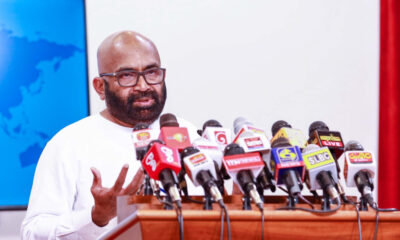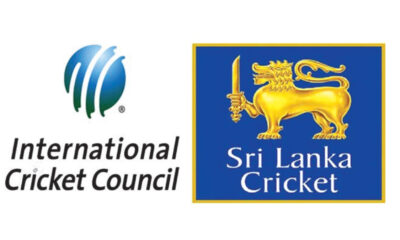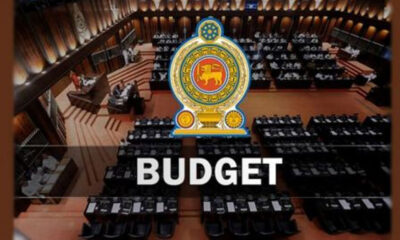Pramodya goes to SIU to provide statement
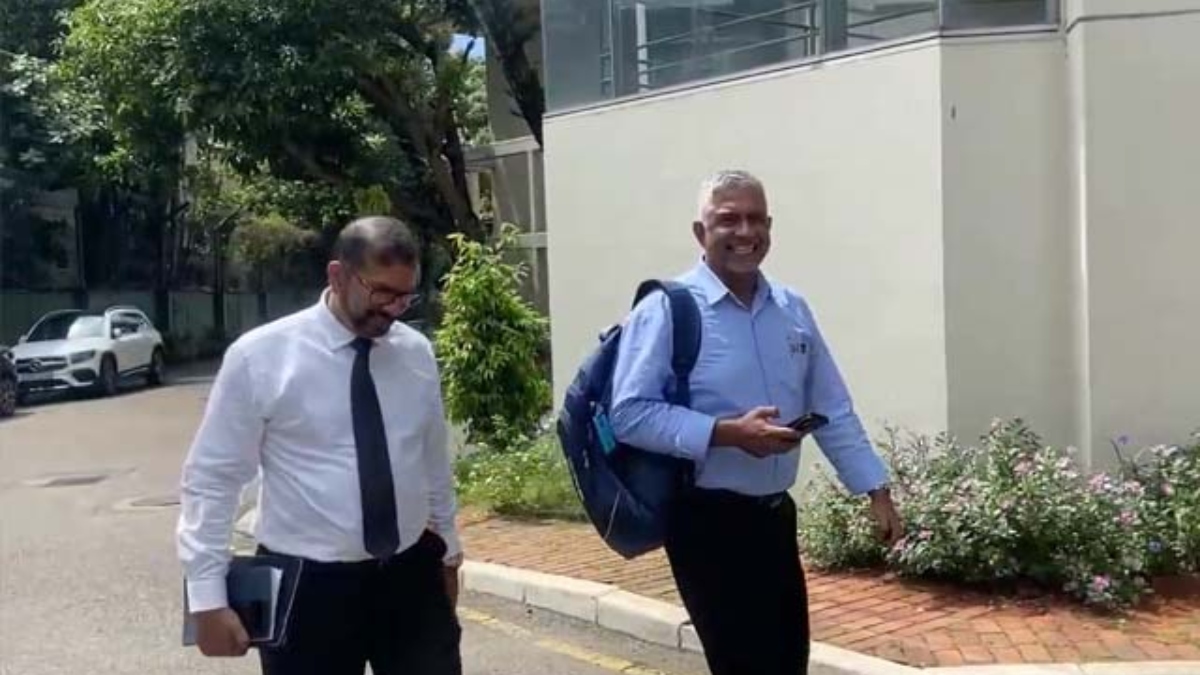
Chairman of Sri Lanka Cricket’s Selection Committee – Pramodya Wickramasinghe, arrived at the Special Investigation Unit for the Prevention of Misconduct related to Sports, to provide a statement.
The summons comes in the wake of a complaint by the Ministry of Sports, initiating an investigation into matters raised in Wickramasinghe’s controversial media release issued last week after the World Cup defeat.
Related news :
YOU MAY LIKE
-

Rs. 10 bn. allocated for future elections – Siyambalapitiya
-

Cabinet approves draft bill for broadcasting regulatory commission
-

O/L results to be release in a few days – Susil
-

SL replaced as host of men’s U-19 World Cup
-

2nd reading of Budget 2024, passed
-

Hoping to conclude FTA with SL as soon as possible – Chinese State Councilor
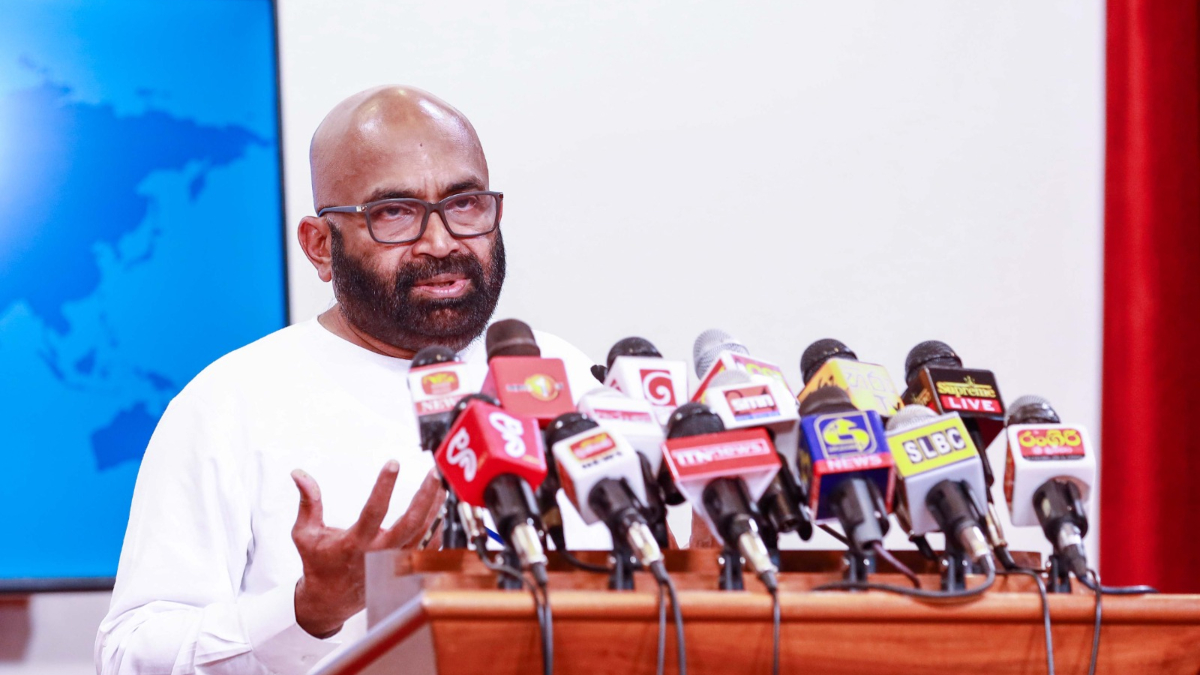
State Minister for Plantations, Enterprise Reforms and Finance, Mr. Ranjith Siyambalapitiya, has announced that a dedicated allocation of Rs. 10 billion has been reserved for potential future elections. This provision, while not explicitly outlined in the budget proposals, has been included in the estimates.
Furthermore, the State Minister has conveyed that the Executive Committee of the International Monetary Fund (IMF) is scheduled to deliberate on the release of the second instalment of the extended credit facility to Sri Lanka on December 6th.
State Minister for Plantations, Enterprise Reforms and Finance, Mr. Ranjith Siyambalapitiya, made these remarks during his participation in a press briefing held at the Presidential Media Centre (PMC) today (21), under the theme ‘One Way to a Stable Country’.
Speaking further, State Minister Siyambalapitiya highlighted the challenges faced in formulating this year’s budget. He underscored that in 2023, the government’s revenue experienced a 16% decline from the targeted amount, a circumstance attributable to the prevailing negative economic conditions. Addressing the inherent limitations faced during the budget preparation, he acknowledged the constraints in pursuing objectives such as maintaining a robust primary account.
Moreover, in addressing the budget deficit, when expenditures surpassed income, resorting to borrowing became necessary. However, the forthcoming year presents a constrained borrowing environment, with limited space available. Previously, local borrowing was facilitated through various accessible means, but with the implementation of the new Central Bank Act, borrowing has been subject to restrictions. The government now has the authority to borrow only in response to sudden announcements by the Central Bank.
Despite accusations labelling this year’s budget as an election-oriented one, it is crucial to recognize the imperative of responding to the challenges faced by a society under considerable strain. In such a context, it becomes obligatory to address the needs of those significantly impacted by economic adversity.
We have allocated Rs. 10 billion for upcoming elections, although this provision was not formally presented in the budget proposals but has been factored into the estimates.
Furthermore, it is essential to recognize that no nation has advanced without a sustainable stream of tax and government revenues. When we assumed these responsibilities, the tax structure was predominantly comprised of 80% indirect taxes and 20% direct taxes. Over time, we have strategically reduced the indirect tax rate, bringing the direct tax rate closer to 30%.
Additionally, the State Financial Management Responsibilities Act No. 03 of 2003 mandates maintaining the budget deficit at 5%, a target that, in practice, has proven challenging. Over the last two decades, this target was achieved only in 2016 and 2017. Sustaining this requires a rigorous approach involving substantial expenditure reductions and revenue generation. Notably, public welfare expenditure, which stood at 65 billion, is projected to rise to 209 billion this year. Efforts are underway to implement practical reforms, including amendments to certain laws, to align legislation with operational realities. Activating dormant tax revenues is also a priority in our pursuit of fiscal sustainability.
Moreover, there is a potential to elevate the state income ratio from its current 8.3% to 10.1% by the end of this year, and following the implementation of the 2024 budget, this ratio could further rise to 12.3% by the close of that year. Regardless of the political party in power, sustaining a nation necessitates the continual growth of state revenue.
In a remarkably short period, we successfully alleviated the frustrations associated with the historical instability of the state. Concurrently, efforts are underway to enforce the Anti-Corruption Act, aligning with the commitments made under the agreement with the International Monetary Fund.
Furthermore, plans are in place to conclude the electronic tax information gathering program and the Revenue Administration Management Information System 2.0 (RAMIS 2.0) project by the year’s end. The upcoming weeks are deemed pivotal for Sri Lanka’s economic trajectory. On December 6, the Executive Committee of the International Monetary Fund is set to convene and deliberate on the release of the second instalment of the extended credit facility. Furthermore, discussions and finalization of the proposal for the restructuring of bilateral debt are scheduled.
(President’s Media Division)

The Cabinet of Ministers has approved to direct the Legal Draftsman to prepare a draft Bill for the introduction of the Broadcasting Regulatory Commission for electronic media.
The resolution was furnished by the Minister of Mass Media.
The Minister of Mass Media stated this while speaking at the press conference to announce the cabinet decisions held at the Government Information Department.
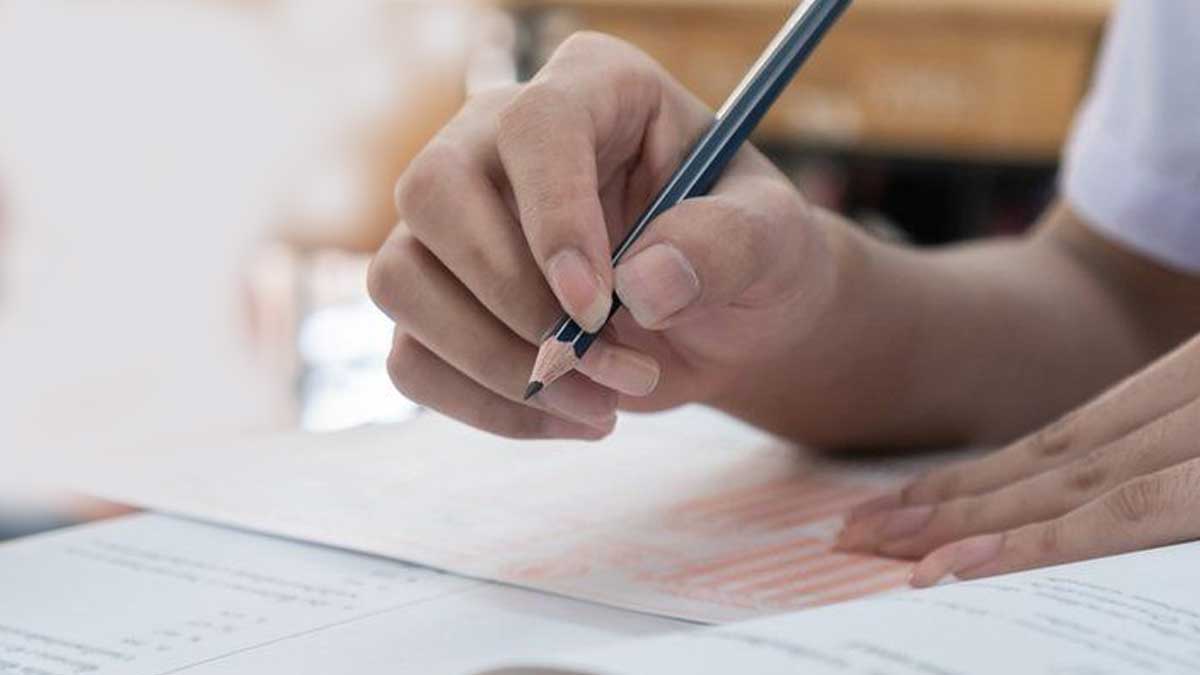
Minister of Education – Susil Premajayantha has said that the results of the G.C.E. O/L exam will be released in a few days.
He said this while speaking in Parliament today (21).
The minister said that the delay in paper marking had led to the delay in results.
(Source : adaderana)



